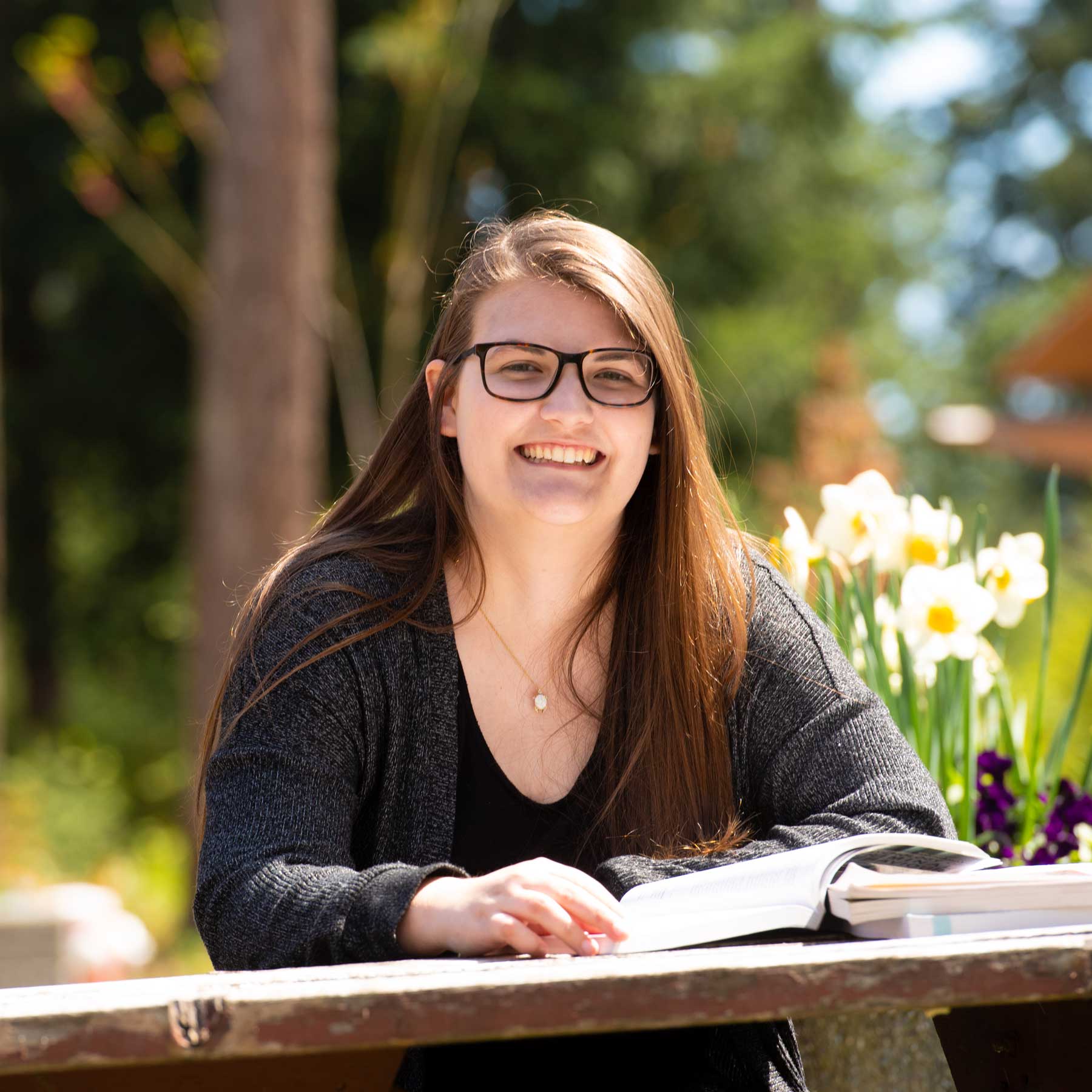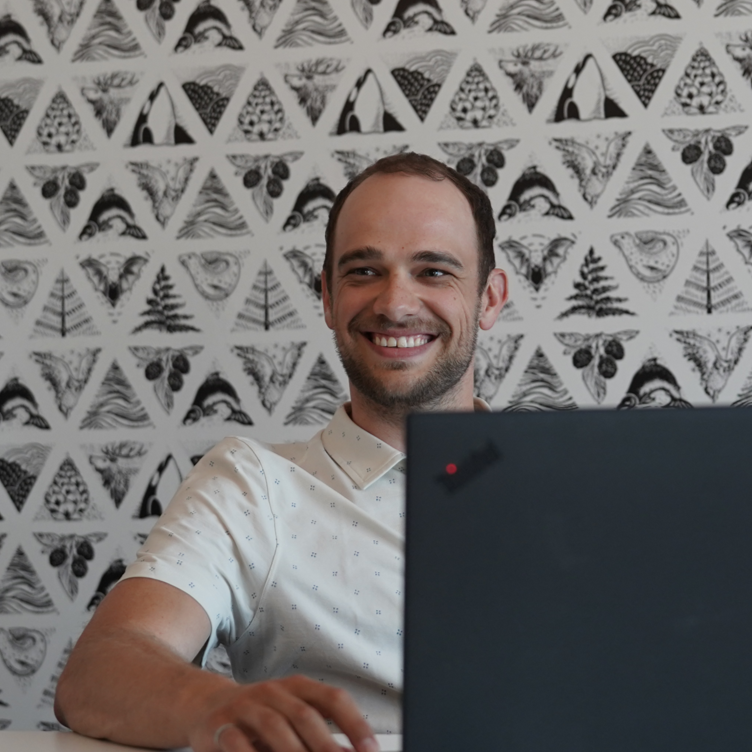Human Services Educational Assistant Community Support Certificate - Indigenous Focus
| Certificate | |
| Priority admission for Indigenous students | |
| Domestic applicants only |
Stay connected
Get program updates and event news straight to your inbox.
Applications for Fall 2026 open on Oct. 1, 2025 |
Overview
NIC's Human Services department offers high-quality, transferable programs within a provincial network. This three-term program emphasizes anti-oppressive, feminist frameworks, communication, and critical thinking.
You'll learn:
- First term: covers social issues, ethics, human development, and research skills
- Second term: focuses on lifespan development, behavior support strategies, and supervised placements with weekly seminars
- Third term: six weeks of full-time supervised practice in schools or community agencies for skill application and professional connections
- The Indigenous Focus program highlights Indigenous perspectives, societal issues and support models with practical placements and seminars for discussing ethical issues and reflection
Requirements and courses
Practicum
Practicum opportunities are an important component of the program, allowing you to integrate theory with practical experience in the community. They are in in various community-based settings, including group homes, women’s shelters, mental health centers and other organizations.
You must arrange your own transportation and assume related costs.
Careers
As a graduate, you could work as an education assistant, supporting classrooms in schools or other public sectors. As a community support worker, you could assist individuals with special needs through agencies or even start your own business to support those with developmental or physical disabilities.
$56,311*
Annual median estimated earnings for elementary and secondary school teacher assistants in BC.
Career profileCosts
Check the table below for estimated costs for the full program.
Curious about funding?
Financial support is available. Learn more about financial aid and awards.
How to apply
Apply for this program through EducationPlannerBC. After you’ve applied, you’ll receive an email from NIC with your next steps. Be sure to add @nic.bc.ca to your safe sender list.
Questions? We’re with you along the way. To contact a recruiter, email futurestudents@nic.bc.ca.
Frequently asked questions
- Attend a mandatory group information session.
- Hold a valid Standard First Aid Certification with CPR Level C.
- Submit a Criminal Record Check Permission form.
- Complete and submit a Personal Immunization form, validated by a public health nurse.


